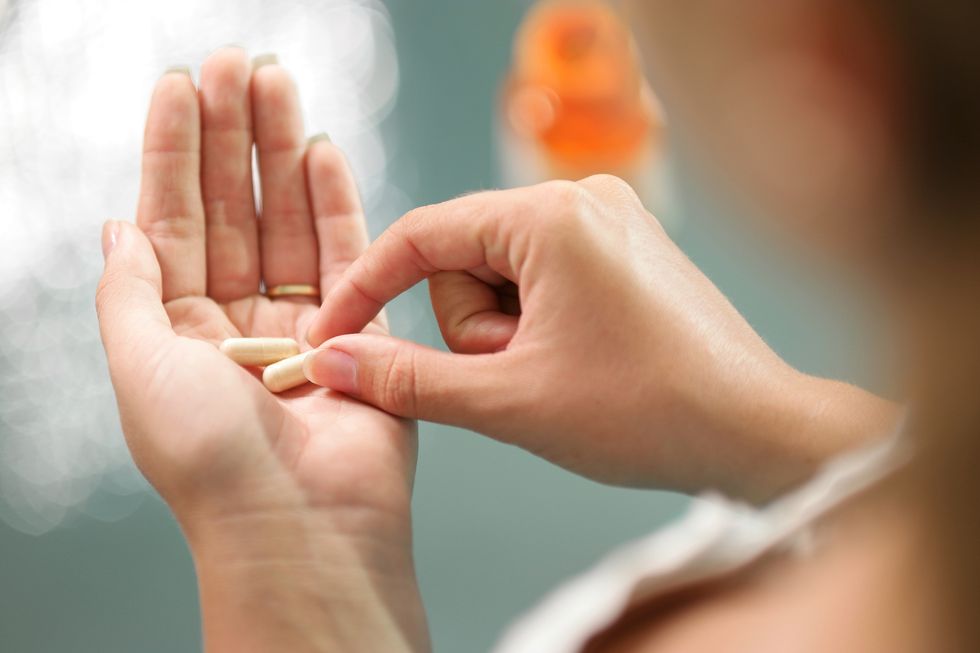
iStock.com/diego_cervo
Calcium Supplements Linked to Higher Risk for Colon Polyps
A new study finds that daily calcium supplements that may help weak bones are linked to an increased risk for colon polyps.
Mar 03, 2018
Dec 21, 2022
Your Health
Learn about our editorial policies

FRIDAY, March 2, 2018 (HealthDay News)—Could the calcium supplement you take to help your bones be harming your colon?
That's the suggestion from a new study that finds a link between the daily supplement and an increased risk for polyps in the colon.
Polyps are not cancerous, but some can eventually turn into cancer if they're not removed.
Further research is needed to confirm the findings. But if calcium supplements do boost the risk of polyps, "this has important public health implications" for colon cancer prevention and screening, the study authors concluded.
The researchers added that millions of people worldwide take calcium supplements and that any possible risks have to be weighed against potential benefits.
Learn More: Do Women Really Need So Much Calcium?
The study was led by Dr. Seth Crockett of the University of North Carolina School of Medicine in Chapel Hill. His team tracked outcomes for 2,000 people, aged 45 to 75, who all had a history of polyps.
The study participants were randomly assigned to take either daily calcium supplements, daily vitamin D supplements, both, or neither for three or five years.
Those who took calcium alone or a combination of calcium and vitamin D were more likely to have polyps six to 10 years after the start of the study, the findings showed.
Women and smokers appeared to be at higher risk when taking calcium supplements, but not vitamin D alone, Crockett's team found.
The researchers also said that while calcium supplements were associated with an increased risk of polyps, calcium obtained solely through food in the diet was not.
Dr. David Bernstein, a gut specialist who wasn't involved in the study, said it does give doctors and patients pause for thought. He's a gastroenterologist at North Shore University Hospital in Manhasset, N.Y.
Bernstein stressed, however, that while polyps were more likely in the supplement users, "no colon cancers were found in the follow-up period" among the study participants.
Still, based on the new findings, Bernstein believes that "vitamin D and calcium supplementation should only be used for an appropriate medical indication."
And for those who do take the supplements for a good medical reason—for example, weakened bones—regular colonoscopies are recommended, Bernstein said.
Learn More: Signs of Colon Cancer in Women
The study was published online March 1 in the journal Gut.
SOURCES: David Bernstein, M.D., vice chair of medicine for clinical trials and chief, division of hepatology, Sandra Atlas Bass Center for Liver Diseases, Manhasset, N.Y., and gastroenterologist, North Shore University Hospital, Manhasset, N.Y.; March 1, 2018, news release, Gut
Copyright © 2018 HealthDay. All rights reserved.